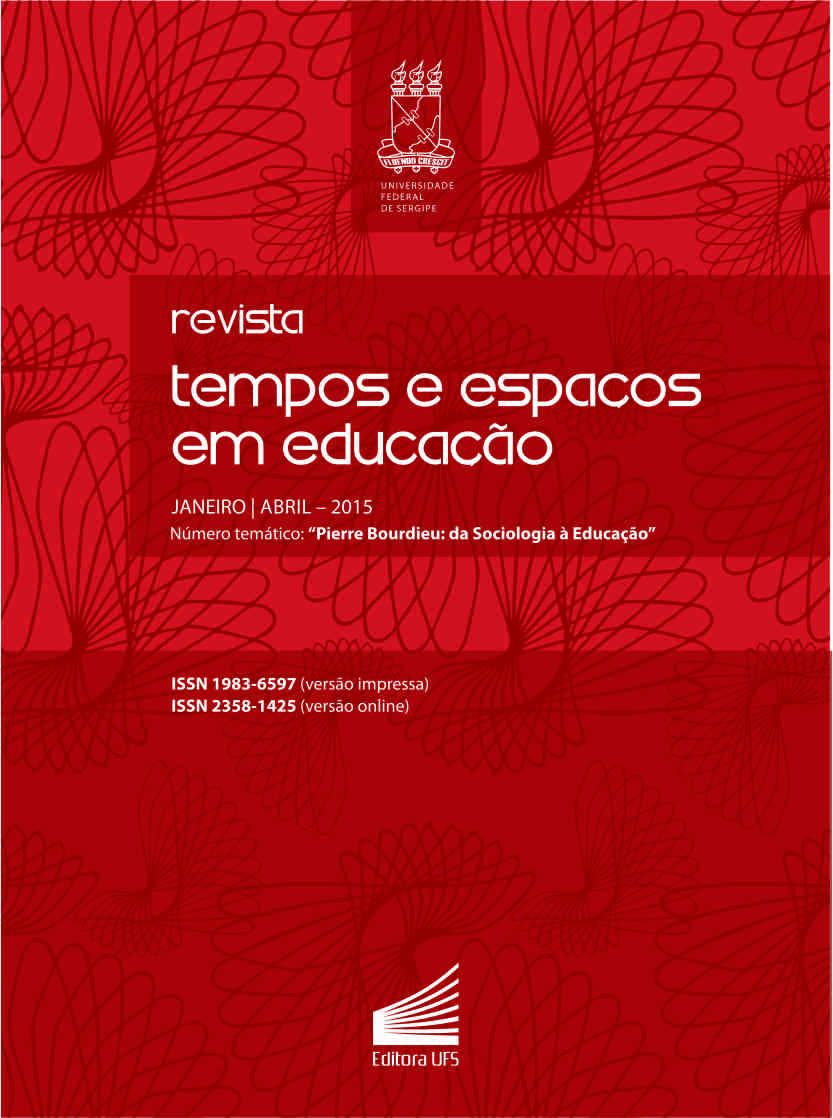Working with Bourdieu’s Concept of Habitus in Educational Research on Social Class
DOI:
https://doi.org/10.20952/revtee.v8i15.3697Resumo
The backdrop to this article is my own critique of the use of habitus within educational research (REAY, 2004) where I argue that it is used pervasively but mostly as intellectual display without doing much if any analytic work. Reinforcing this tendency to utilize habitus superficially as a form of academic gravitas rather than an active analytic tool are the ways in which it is regularly deployed independently of the concept of field. So this article is attempting to do a number of different things. Drawing on data from research into choice of higher education in the UK, it examines the utility of the notion of habitus in empirical work but also its limitations. Using interviews with both parents and students, the analysis demonstrates the tendency when working with habitus to stress the pre-reflexive and ‘taken for granted’ rather than engage with acts of invention. However, despite such tendencies, the article is seeking to make connections between habitus as a conceptual tool and the possibilities it holds for contributing to theoretical explanations not only of social reproduction but also of social transformation.Downloads
Não há dados estatísticos.
Downloads
Publicado
2015-05-30
Como Citar
Reay, D. (2015). Working with Bourdieu’s Concept of Habitus in Educational Research on Social Class. Revista Tempos E Espaços Em Educação, 8(15), 167–178. https://doi.org/10.20952/revtee.v8i15.3697
Edição
Seção
Número Temático "Pierre Bourdieu: da Sociologia à Educação"
Licença
À Revista Tempos e Espaços em Educação ficam reservados os direitos autorais pertinentes a todos os artigos nela publicados. A Revista Tempos e Espaços em Educação utiliza a licença https://creativecommons.org/licenses/by/4.0/ (CC BY), que permite o compartilhamento do artigo com o reconhecimento da autoria.



